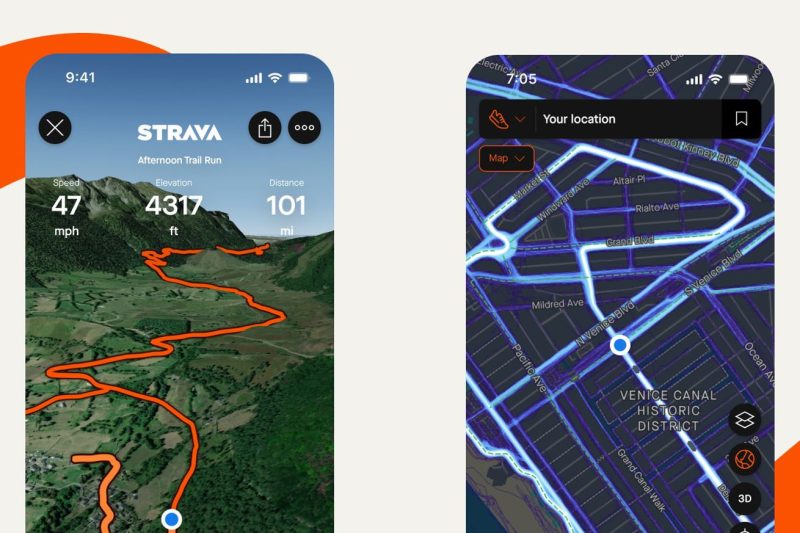Strava Closes the Gates to Sharing Fitness Data with Other Apps
The fitness tracking app Strava has made a significant change to its policies, restricting the sharing of fitness data with other applications. This move has raised questions and concerns among users who have become accustomed to the convenience of syncing their workouts across various platforms. The decision comes as a surprise to many, especially those who value the interoperability of different fitness apps.
The new policy, which prohibits third-party apps from accessing Strava workout data, has sparked debate within the fitness community. While some users support the decision, citing privacy and data security concerns, others are disappointed by the restriction of sharing options. It seems that Strava is prioritizing user data protection over convenience, a stance that aligns with growing consumer demands for enhanced privacy measures.
One key implication of this change is the potential disruption to users’ routines and habits. Many fitness enthusiasts rely on the seamless integration of various apps to track their progress and achieve their fitness goals. With the limitation on data sharing, users may need to adjust their workflows and find alternative solutions to maintain their fitness regimes effectively.
Moreover, the decision raises broader questions about data ownership and control in the digital age. As users generate vast amounts of personal data through fitness tracking apps, the issue of who has access to this information and how it is used becomes increasingly pertinent. By restricting data sharing, Strava is asserting its role as a custodian of user data and signaling a shift towards a more controlled approach to data management.
However, this move may also have unintended consequences for Strava in terms of user engagement and loyalty. By limiting the connectivity of its platform with other apps, Strava risks alienating users who value the flexibility and convenience of data sharing. Competing fitness apps that offer more open sharing options may attract dissatisfied Strava users, leading to potential churn and loss of market share.
The decision by Strava to close the gates to sharing fitness data with other apps reflects a broader trend towards increased scrutiny and regulation of personal data in the digital landscape. As consumers become more aware of data privacy issues, companies are under pressure to adapt their practices to meet evolving expectations. While this change may disrupt existing user habits, it also signals a proactive approach by Strava to enhance data protection measures and uphold user trust.


































